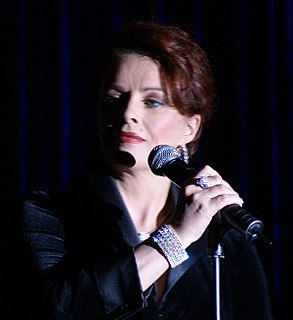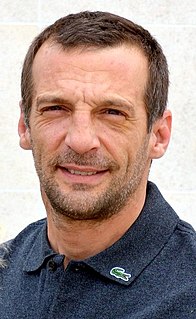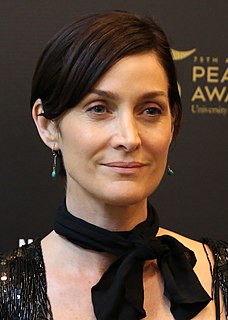A Quote by Mani Ratnam
Language, I think, has nothing to do with film-making. It is how you make your point and whether you exploit the visual medium maintaining a certain standard that does the trick.
Related Quotes
I'm a big fan of fiction film where you have a story and you have to transform that into a visual language, basically working with actors and also transforming that into how you pronounce that in the visual language of the shots, the construction of the shots and the lighting. All of that appealed to me from the beginning of my career at the university. When I graduated from the university, I wanted to deal mainly with that, with the visual aspect of the movie.
I don't think all films should necessarily look like they do on digital video. I think it cheats the audience, at some point. If you try to make an epic and you shoot it digitally, that doesn't make much sense. I think there's a certain kind of film that could be a "digital film." But it shouldn't be interchangeable with other films. It should be something more than just a capture medium. It should be a different form altogether, something new.
What's great is that each medium has a unique set of things that it does and does well. Film is a visual medium, and obviously, you can't fit a whole book into two hours unless you're really economical about it. Obviously, they say a picture is worth a thousand words, and on some level, it's sort of true.
I think the idea of embracing the process, creating something, no matter how thin it is, that you can call a starting point - whether it's a word or it's an idea, or it's a little piece of narrative that you might base a film on - starting that journey of making the work. That's also something that every individual does very differently.
Film is a temporal medium as much as it is a visual medium: you're playing with time, and you don't have that ability where someone can pause at home. That's such a fundamental part of what makes filmmaking exciting to me. I don't really have as much interest in any other medium. I just like the control.
Music is relegated to an underground, relatively obscure group of listeners. It's partly because of the nature of the medium. With a piece of visual art, you can look at something ugly, brutal and in your face, but it's kind of - there it is. It doesn't take you over in the same way that putting on the music at a certain volume does.
It does not feel any different being directed by a first-timer as long as I am convinced that the director is passionate about the film he or she is making. If you get a sense of their vision for the film and their aesthetics of your performance, then it does not matter whether you work with a new or an experienced director.
We have to decide whether our fear is going to get the better of us. Once upon a time we had a standard in our country that was 'innocent until proven guilty.' We've given up on so much. Now, people are talking about a standard that is 'if you have nothing to hide, you have nothing to fear.' Think about it. Is that the standard we're willing to live under?






































